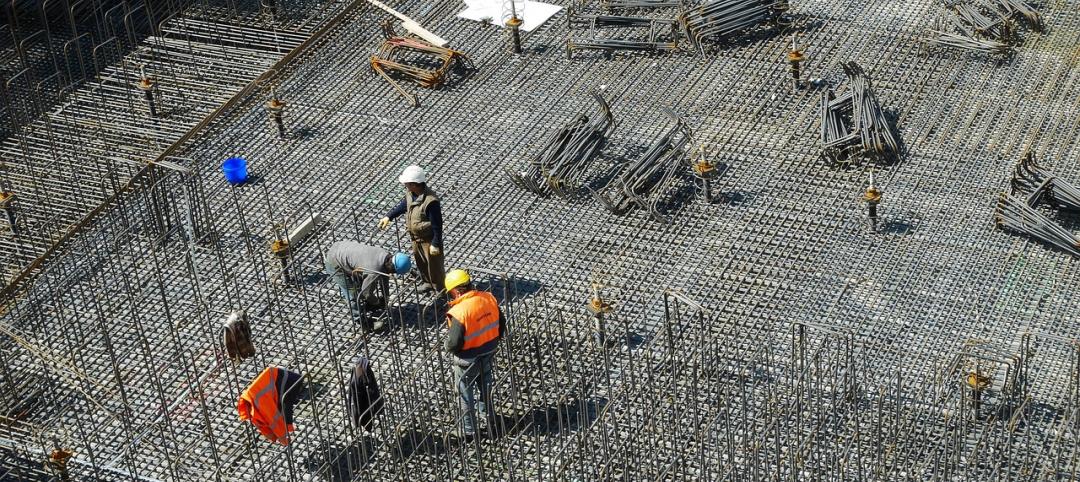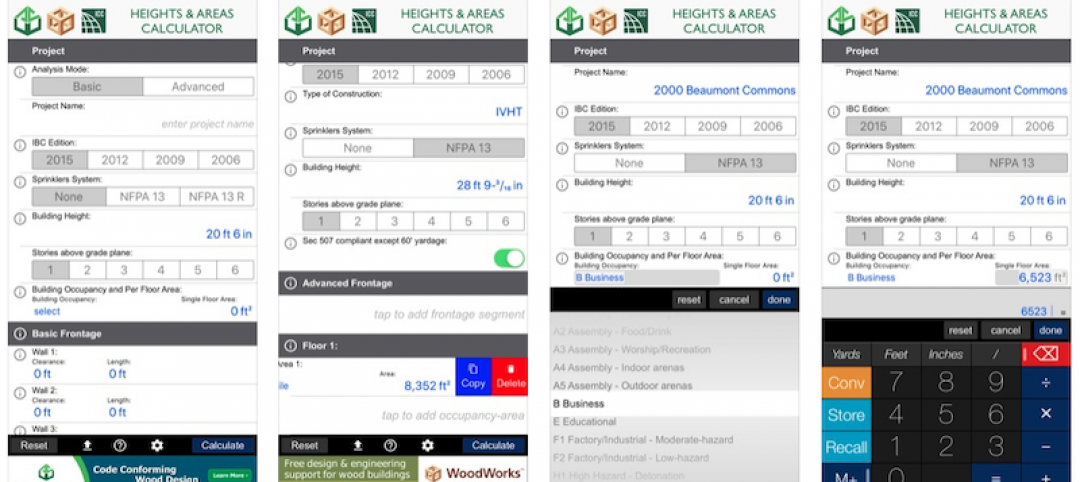Corrosion in sprinkler system piping can be a costly problem if leaks occur, causing damage to the interior of a structure, according to Matt Klaus, Principal Fire Protection Engineer with the National Fire Protection Association.
Replacing piping is no small expense, either. Corrosion can also cause blockages in the piping network, which can lead to an ineffective sprinkler system during a fire.
Corrosion can take on many forms, including oxidation, microbiologically influenced corrosion, and galvanic corrosion. The technical committees responsible for NFPA 13, Installation of Sprinkler Systems, have been looking at ways to eliminate or reduce corrosion in sprinkler systems for several revision cycles.
Reducing corrosion in dry systems can be achieved by eliminating all of the water from these systems after testing/activation and using alternative gases like nitrogen for charging these systems. For wet systems, limiting the amount of air in the system is the goal. Air trapped in pressurized sprinkler system piping results in an increase in the concentration of dissolved oxygen in the piping, enabling corrosion. Venting the trapped air in a wet system reduces this problem, so a revision to the wet system sprinkler system standard requires that a single air vent be installed for each system.
Depending upon the building geometry and sprinkler design, it is possible to trap air in many locations in the system, meaning a single vent may not be effective. Therefore, some stakeholders believe that the requirement adds cost to the property owner and the design team without any assurance that there is a long-term benefit to the system.
Related Stories
Codes and Standards | Sep 19, 2019
Obama-era Waters of the U.S. rule revoked
New rule expected to define protected waterways more narrowly.
Codes and Standards | Sep 17, 2019
California will enact rent cap bill limiting rent increases to 5% plus inflation
Applies to apartments built at least 15 years ago.
Codes and Standards | Sep 17, 2019
Zero energy buildings can be constructed with no added upfront cost
ROI can be realized in as little as one year.
Codes and Standards | Sep 13, 2019
Researchers use U. of Arkansas buildings as testbed for CLT panels
Investigation could influence future use of the materials.
Codes and Standards | Sep 13, 2019
At least 30 U.S. cities have adopted stricter building energy codes since 2017
Some followed their states in implementing more robust standards.
Codes and Standards | Sep 12, 2019
Illinois law sets maximum retainage on private projects
The change is expected to give contractors bigger checks earlier in project timeline.
Codes and Standards | Sep 10, 2019
Retreat may be the best option for some coastal communities in face of sea level rise
A new study makes the case for relocating in a "strategic, managed" manner.
Codes and Standards | Sep 9, 2019
Free app calculates maximum allowable heights and areas for buildings
A free app that calculates the maximum allowable heights and areas for buildings of various occupancy classifications and types of construction has been released.
Codes and Standards | Sep 6, 2019
Standard for assessing frame deflection using one component polyurethane foams updated
The standard offers guidance when installing fenestration products.
Codes and Standards | Aug 29, 2019
The high cost of gridlock: $166 billion per year
Growing economy means more jobs, more cars, more hours stuck in traffic.

















